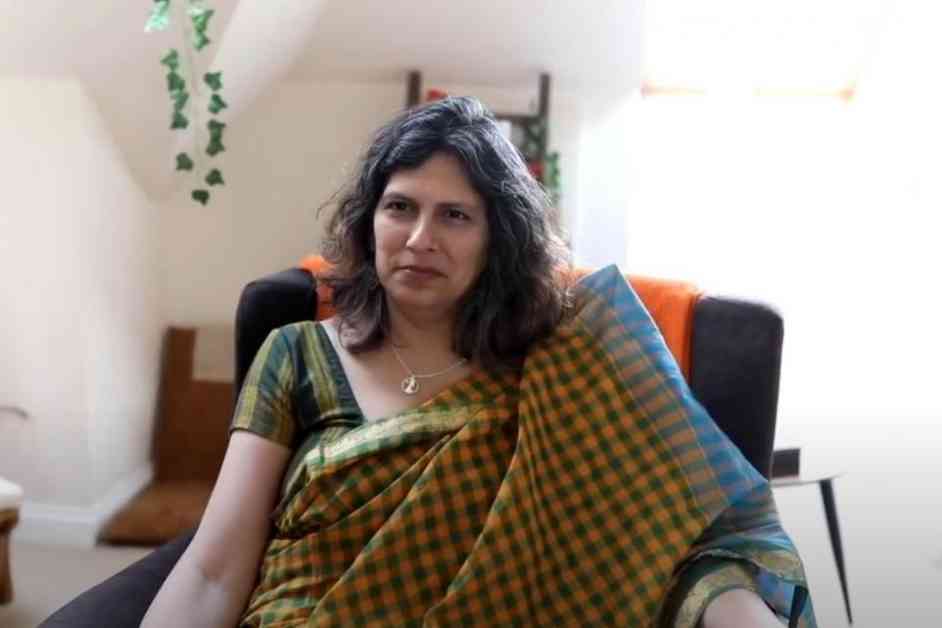The recent resignation of Mridul Wadhwa, the chief executive of the Edinburgh Rape Crisis Centre (ERCC), has sent shockwaves through the sexual assault support service community. Wadhwa, a trans woman, stepped down following a scathing review that uncovered serious failures in protecting women-only spaces and prioritizing the needs of survivors.
Failure to Protect Women-Only Spaces
The independent consultant’s investigation revealed that Wadhwa had not conducted herself professionally during her tenure at ERCC. It was found that she failed to understand the limits of her authority and did not adequately prioritize the needs of survivors. The ERCC board acknowledged the shortcomings highlighted in the review and deemed it necessary for a change in leadership.
Controversial Statements and Views
Wadhwa’s controversial remarks further exacerbated the situation, with her suggestion that “bigoted” rape survivors should be educated about transgender rights as part of their recovery process causing outrage. Additionally, her assertion that survivors could “reframe” their trauma and develop a more positive relationship with it stirred up further controversy.
Gender-Critical Views and Unfair Dismissal
The review that ultimately led to Wadhwa’s resignation was prompted by an employment tribunal’s findings that a counsellor at ERCC, Roz Adams, had been unfairly dismissed. Adams held gender-critical views and believed that service users should have the right to know the sex of the staff assisting them. She argued that sex is binary, with individuals being either male or female at a fundamental level.
The tribunal concluded that the investigation into Adams’ conduct was unjustified and likely driven by a bias against her views. Adams has since moved on to work for Beira’s Place, a women-only support service for victims of sexual violence supported in part by JK Rowling.
Rape Crisis Scotland’s Response
Rape Crisis Scotland (RCS) expressed deep concern over ERCC’s failure to provide dedicated women-only spaces, a requirement under national service standards for all Rape Crisis Centres. RCS halted referrals to ERCC following the revelations and called for an action plan to address the review’s recommendations promptly.
The charity stressed the importance of respecting survivors’ needs and their right to make informed choices about the services they access. RCS emphasized that some survivors may prefer single-sex services and that their preferences should be accommodated.
ERCC reassured that they were actively communicating with RCS and working to implement the review’s recommendations. They pledged to prioritize survivors’ voices in their operations and strive for excellence in service delivery.
Political Response and Calls for Change
Scottish Conservative MSP Sue Webber criticized ERCC for prioritizing a gender ideology over providing a safe haven for traumatized women. She called for a complete overhaul of ERCC’s ethos to rebuild trust with women and survivors.
Webber emphasized that rape victims should not be labeled as transphobic for seeking single-sex spaces for support. She urged Rape Crisis Scotland and the Scottish Government to demand a fundamental shift in ERCC’s approach to ensure the well-being and trust of women are upheld.
In conclusion, the resignation of Mridul Wadhwa and the subsequent review of the Edinburgh Rape Crisis Centre have shed light on critical issues within the sexual assault support service sector. The need to prioritize survivors’ needs, respect their choices, and uphold women-only spaces has been underscored by these events. It is imperative for organizations like ERCC to listen, learn, and adapt to ensure they provide the necessary support and care for survivors of sexual violence.
































